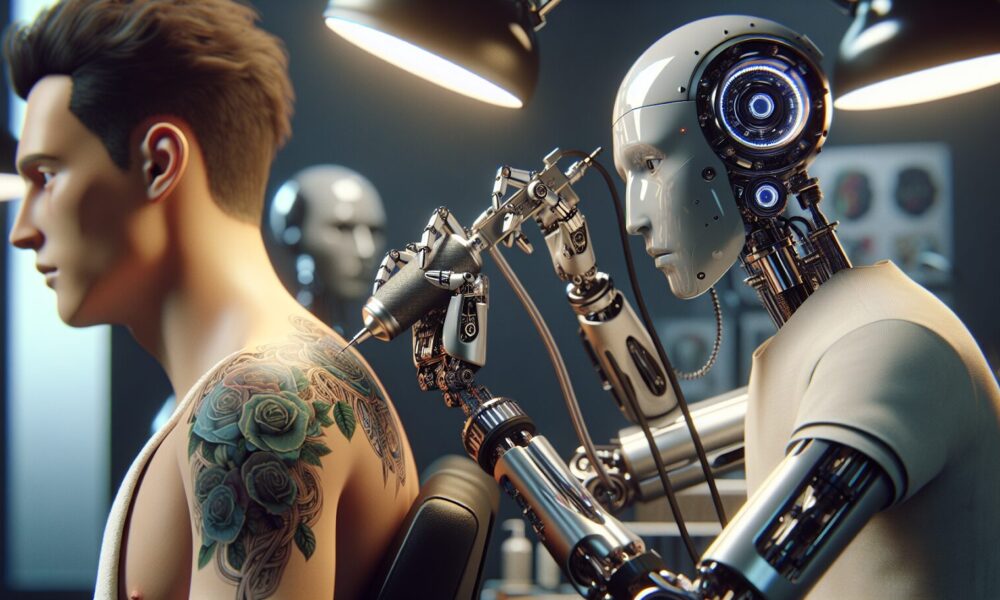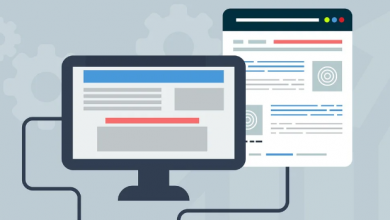Evolution of Tattoo Artistry

Tattoo artistry has undergone significant transformation over the centuries. From traditional techniques to the advent of artificial intelligence, the craft has evolved in ways that have broadened its creative horizons. Traditional tattooing methods are deeply rooted in ancient cultures, each with its own distinct style and procedure. Techniques such as hand-poking or using rudimentary tools have been practiced for centuries.
Traditional tattoos often hold cultural significance and are rich in symbolism. The introduction of artificial intelligence has marked a revolutionary phase in the tattoo industry. AI tattoo artists use advanced algorithms to generate intricate and custom designs tailored to individual preferences. This technology has opened new frontiers for artists looking to push the boundaries of their creative limits. The rise of AI in tattoo artistry is a significant leap towards the future, offering both challenges and opportunities for artists.
The Role of AI in Tattoo Art
Artificial Intelligence (AI) is transforming various sectors, and the tattoo industry is no exception. This segment delves into the role that AI plays in tattoo artistry. Artificial Intelligence in the tattoo industry leverages machine learning algorithms, neural networks, and vast datasets to assist artists in creating unique and precise designs. Unlike traditional methods, AI can process an extensive amount of information quickly, providing artists with a myriad of design options that cater to individual preferences. AI tattoo artists offer several benefits that enhance both the artistic process and the client experience.
How AI Tattoo Artists Work
Artificial intelligence (AI) is transforming the world of tattoo artistry, making it possible to generate intricate and personalized designs with unparalleled precision. Here’s how AI tattoo artists operate to bring unique tattoo concepts to life. AI tattoo artists excel in creating custom tattoo designs by leveraging advanced algorithms and machine learning. These systems can analyze vast libraries of existing tattoos, art styles, and user preferences to generate bespoke designs that cater to an individual’s tastes and requirements.
One of the most significant advantages of AI in tattoo artistry is its ability to enhance design precision. Creating detailed and accurate tattoo designs can be challenging, but AI technology significantly reduces the margin for error.
Challenges and Limitations
Incorporating artificial intelligence into tattoo artistry introduces a range of challenges and limitations that must be considered. These issues span from the creative differences between humans and machines to the ethical implications of AI in tattooing.
A key challenge in the evolution of AI tattoo artists lies in the realm of creativity. While AI can generate intricate and precise designs using algorithms, it often lacks the creative intuition and emotional depth that human artists bring to their work. Human tattoo artists draw from personal experiences, cultural influences, and unique styles, resulting in art that resonates on a deeper level with their clients.
AI-generated designs can sometimes feel impersonal, as they are created based on patterns and data rather than genuine human creativity. This can limit the emotional impact of the tattoo, which is often a crucial element in the art form.
Ethical Considerations in AI Tattooing
The rise of AI tattoo artists also brings up several ethical considerations. One significant concern is the potential displacement of traditional tattoo artists. As AI technology becomes more refined, there is a risk that human artists may find their skills less in demand, leading to job displacement in the industry.
Another ethical issue revolves around the ownership and originality of AI-generated designs. Since AI designs are created by algorithms that analyze and combine existing art, questions arise about who holds the rights to these designs and whether they can be considered original creations. There is also the matter of consent and transparency; clients need to be fully aware of the role AI plays in the creation of their tattoos.
In addressing these challenges and limitations, the tattoo industry must find a balance between embracing technological advancements and preserving the unique artistic qualities that human tattoo artists bring to the table. Exploring this further can offer insights into the integration and impact of AI in tattoo artistry.
Integration of AI in Tattoo Studios
The integration of AI into tattoo studios brings numerous potential benefits. AI-powered tattoo machines and design generators can enhance the capabilities of artists, providing them with innovative tools to create intricate and personalized designs. Tattoo studios that adopt AI technology can offer clients unique experiences, combining traditional techniques with cutting-edge innovations.
The introduction of artificial intelligence into the tattoo industry is likely to have a profound impact. It could influence various aspects of the industry, from design to application, and reshape the way tattoos are created and perceived.
The fusion of AI with traditional tattooing techniques represents a significant evolution in the tattoo industry. As artists and studios embrace these technologies, they can explore new horizons and push the boundaries of what is possible in tattoo artistry.





